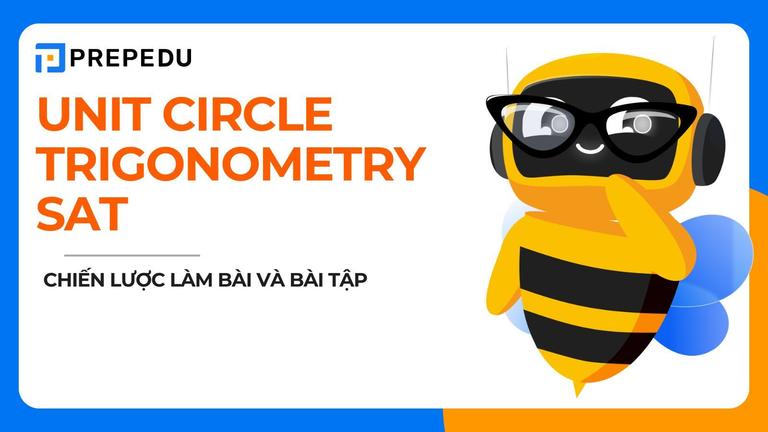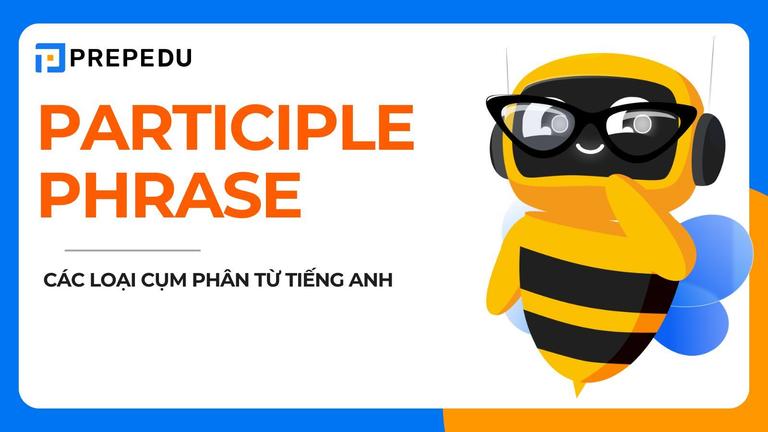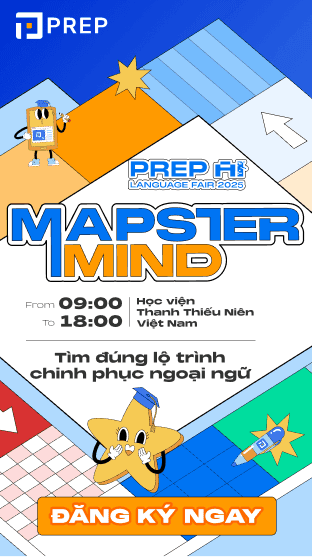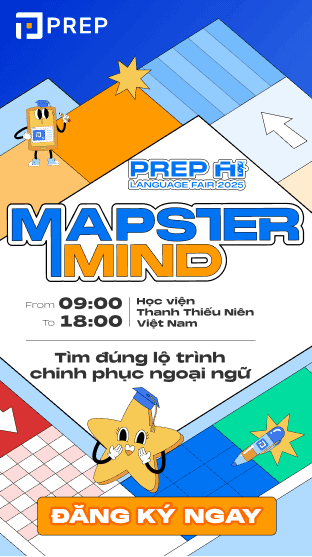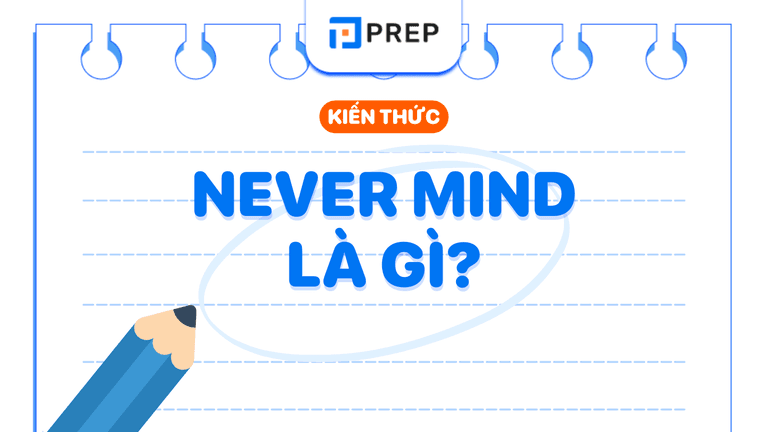Đề bài, bài mẫu IELTS Writing Task 2 chủ đề: Sharing personal information
Đề bài IELTS Writing Task 2 Sharing personal information là đề thi mới, xuất hiện trong bài thi IELTS Writing ngày 07/4/2023 của một số thí sinh. Đây là topic được đánh giá có độ khó trung bình. Vậy làm sao thí sinh có thể chinh phục được band điểm mục tiêu dễ dàng? Tham khảo ngay gợi ý giải đề, dàn bài chi tiết, bài mẫu và một số từ vựng ăn điểm trong bài viết IELTS Writing Task 2 Sharing personal information dưới đây Preppies nhé!
[caption id="attachment_37466" align="aligncenter" width="500"]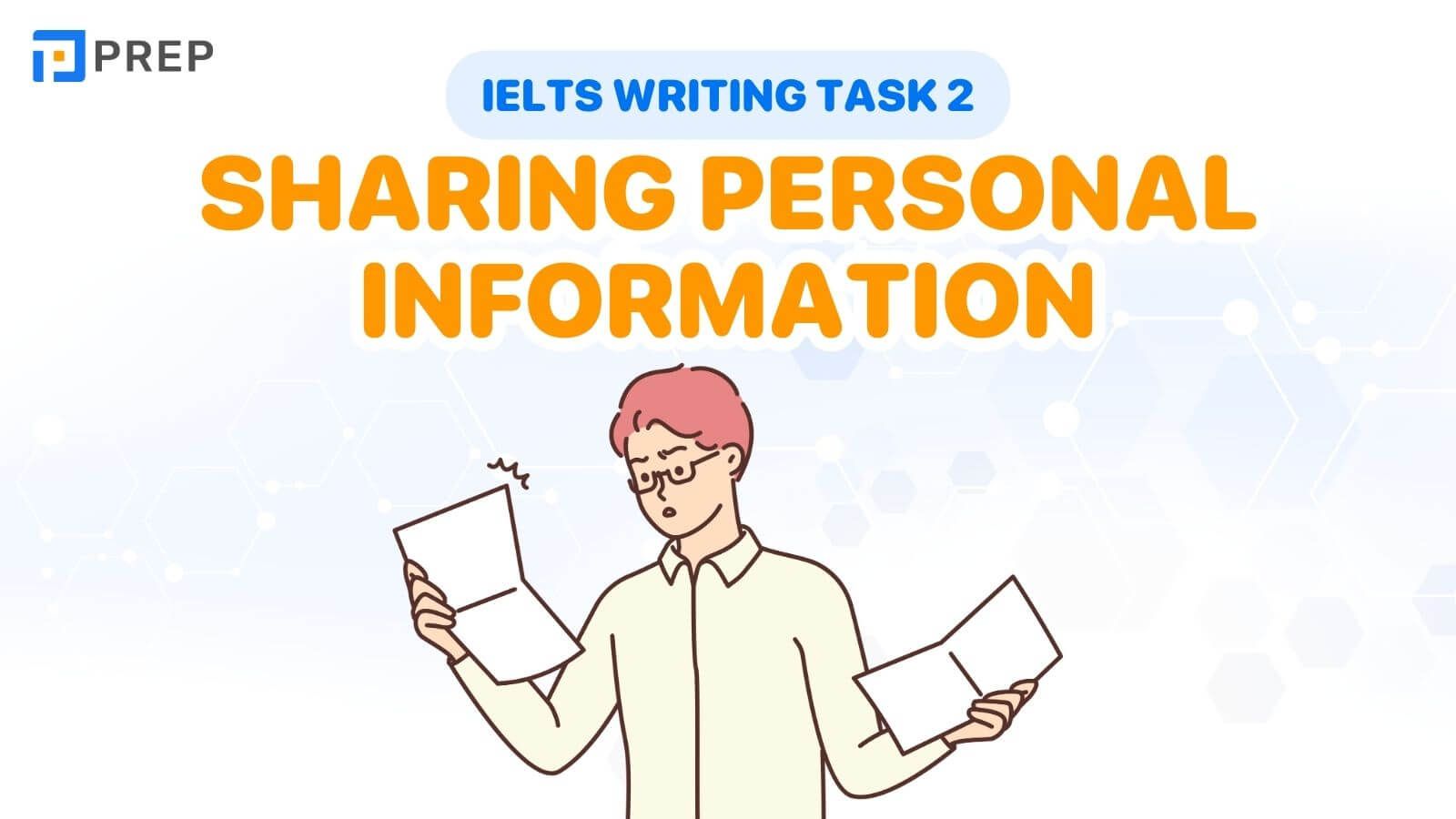 Bài mẫu IELTS Writing Task 2 Sharing personal information[/caption]
Bài mẫu IELTS Writing Task 2 Sharing personal information[/caption]
I. Đề bài IELTS Writing Task 2 Sharing personal information
Đề bài IELTS Writing Task 2 Sharing personal information: More people put their personal information online (address, telephone number…) for everyday activities such as socializing on social networks or banking. Do you think it is a positive or negative development?
[caption id="attachment_37467" align="aligncenter" width="1472"] Đề bài IELTS Writing Task 2 Sharing personal information[/caption]
Đề bài IELTS Writing Task 2 Sharing personal information[/caption]
II. Gợi ý giải đề & dàn bài IELTS Writing Task 2 Sharing personal information
1. Phân tích đề thi
Theo như phân tích, đề bài IELTS Writing Task 2 Sharing personal information có độ khó trung bình. Mặc dù thí sinh có thể không gặp nhiều khó khăn khi tìm ý tưởng, nhưng vẫn cần để ý đến cạm bẫy cần tránh để đạt điểm cao, như sau khi so sánh được advantages & disadvantages của việc cung cấp nhiều thông tin cá nhân trên mạng, thì cần rút ra được cuối cùng đây là hiện tượng tích cực hay tiêu cực. Nếu chỉ đơn thuần nêu advantages & disadvantages thì đây là cách lạc đề gây mất điểm phổ biến đối với đề này.
2. Dàn bài chi tiết
Trước khi tiến hành viết bài IELTS Writing Task 2 Sharing personal information, thí sinh có thể tham khảo dàn bài sau đây để viết đúng và đủ ý nhất, giúp chinh phục điểm số thật cao.
| Introduction |
|
| Positives of many people submitting their personal information online |
|
| Negatives of many people submitting their personal information online |
|
| Conclusion & Opinion |
|
III. Bài mẫu IELTS Writing Task 2 Sharing personal information
Tham khảo bài mẫu IELTS Writing Task 2 Sharing personal information dưới đây được biên soạn bởi thầy Nhật Phạm – Marking Leader tại prepedu.com để ôn luyện thi hiệu quả và chinh phục được điểm số mục tiêu trong kỳ thi thực chiến sắp tới nhé!
Today, one of the most common occurrences in the digital world is the availability of personal information online, with people providing their details for daily activities such as social networking or banking. Despite some positivity associated with it, I believe this development is largely negative.
The increased presence of personal information online has produced some benefits. Thanks to this development, it has become easier for people to connect with each other, or in some cases, reconnect. An adult, for example, can find somebody he went to high school with by searching for their name on a popular social media platform. Then, they can catch up with one another and stay in touch after a long period of no contact. Meanwhile, in certain services, it is possible to provide higher degrees of convenience by having much personal information available online. When users have verified their own accounts using private details, banks and e-commerce sites can quickly facilitate transactions, enhancing customer satisfaction and generating profit faster. Indeed, the advantages to having personal information present digitally should not be disputed.
However, the negative implications associated with this tendency are potentially severe. For one, it puts people at risk of having their information abused. This can lead to a sense of insecurity, as there have been individual cases of private details being leaked to malicious parties, who proceed to use the victim’s identity for fraudulent schemes. Another privacy-related concern has to do with the vague possibility of withdrawing personal details from online platforms. Once private information is submitted, there is little guarantee aside from the holder’s word that it can be wiped from the digital world should the user request it. As a consequence, people’s digital presence may end up inseparable from their real lives, providing a way to track their activities and erode their privacy.
Given these points, I believe that many people putting up their private details online is detrimental. It is therefore necessary to be cognizant of the risks associated with this decision, and even more so to take steps to protect oneself.
Từ vựng sử dụng trong bài IELTS Writing Task 2 Sharing personal information:
- Occurrence (n.): điều xảy ra
- Verify sth (v.): chứng thực điều gì đó
- Facilitate sth (v.): tạo điều kiện cho điều gì đó diễn ra dễ dàng
- Customer satisfaction (n.): sự thỏa mãn của khách hàng
- Dispute sth (v.): phản đối điều gì đó
- Implication (n.): hệ quả
- Abuse sth (v.): dùng vào mục đích xấu
- Malicious party (n.): kẻ xấu
- Fraudulent scheme (n.): âm mưu lừa đảo
- Vague (adj.): lu mờ
- Withdraw sth (v.): rút lại điều gì đó
- Guarantee (n.): sự bảo đảm
- Wipe sth (v.): xóa sạch điều gì đó
- Inseparable (adj.): không thể tách rời
- Erode sth (v.): bào mòn điều gì đó
- Detrimental (adj.): có hại
- Cognizant (adj.): có nhận thức
Tham khảo thêm bài viết:
Đề bài, bài mẫu IELTS Writing Task 2 chủ đề: Large public outdoor places
Trên đây là bài mẫu IELTS Writing Task 2 Sharing personal information chi tiết nhất được biên soạn bởi thầy Nhật Phạm tại prepedu.com. Chúc bạn ôn luyện thi IELTS hiệu quả và chinh phục được điểm số thật cao trong bài thi Writing thực chiến sắp tới nhé!

Chào bạn! Mình là Hiền Hoàng, hiện đang đảm nhận vai trò quản trị nội dung sản phẩm tại Blog của website prepedu.com.
Với hơn 5 năm tự học các ngoại ngữ như tiếng Anh, tiếng Trung và ôn luyện một số kỳ thi IELTS, TOEIC, HSK, mình đã tự đúc rút được nhiều kinh nghiệm để hỗ trợ hàng nghìn người đang gặp khó khăn trong việc học ngoại ngữ. Hy vọng rằng những chia sẻ phía trên sẽ giúp ích cho bạn trong quá trình tự ôn luyện thi hiệu quả tại nhà!
Bình luận
Nội dung premium
Xem tất cảLộ trình cá nhân hoá
Có thể bạn quan tâm
Kết nối với Prep

MSDN: 0109817671.
Địa chỉ liên hệ: Tòa nhà Vinaconex, 34 Láng Hạ, phường Láng, TP Hà Nội.
Trung tâm CSKH tại HN: Lô 21 C2 Khu đô thị Nam Trung Yên, phường Yên Hòa, TP Hà Nội.
Trung tâm CSKH tại HCM: 288 Pasteur, Phường Xuân Hòa, TP Hồ Chí Minh
Trụ sở Công ty: Số nhà 20, ngách 234/35 đường Hoàng Quốc Việt, phường Nghĩa Đô, TP Hà Nội.
Phòng luyện ảo - Trải nghiệm thực tế - Công nghệ hàng đầu.
Hotline: 0931 42 8899.
Trụ sở Công ty: Số nhà 20, ngách 234/35 đường Hoàng Quốc Việt, phường Nghĩa Đô, TP Hà Nội.
Giấy chứng nhận hoạt động đào tạo, bồi dưỡng số 1309/QĐ-SGDĐT ngày 31 tháng 07 năm 2023 do Sở Giáo dục và Đào tạo Hà Nội cấp.



